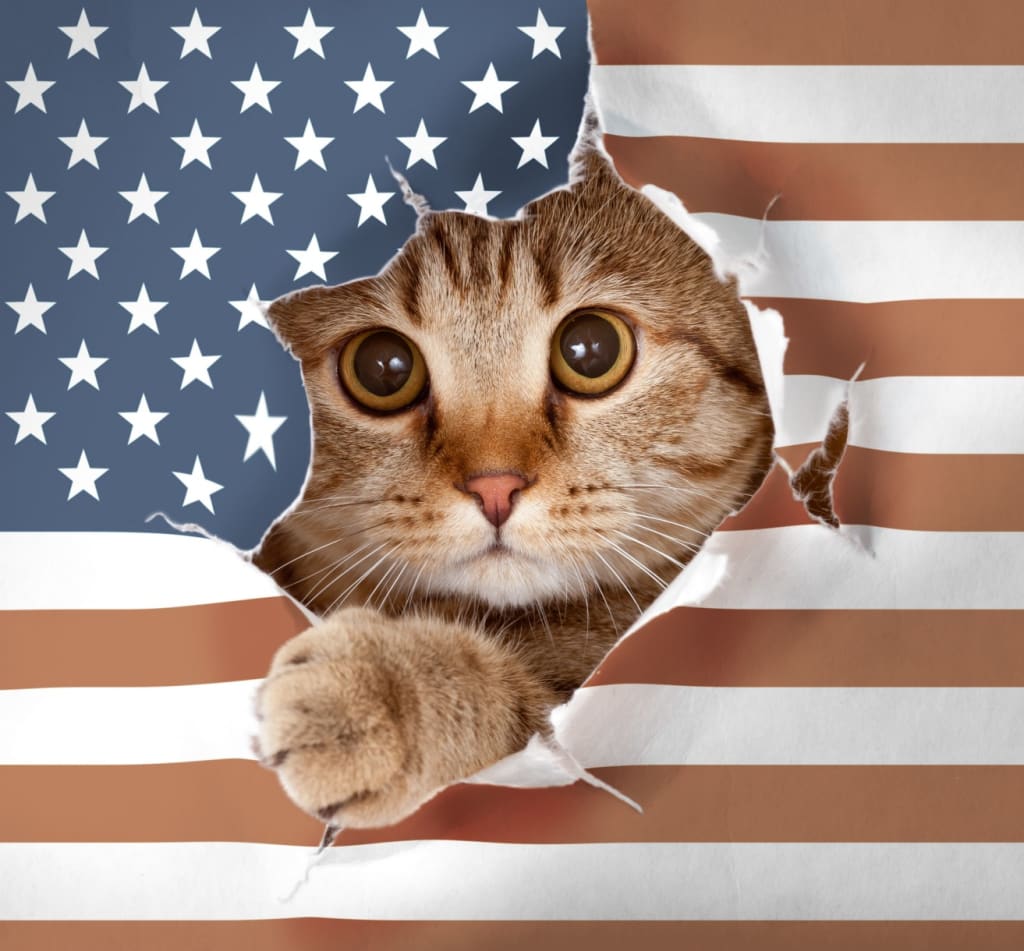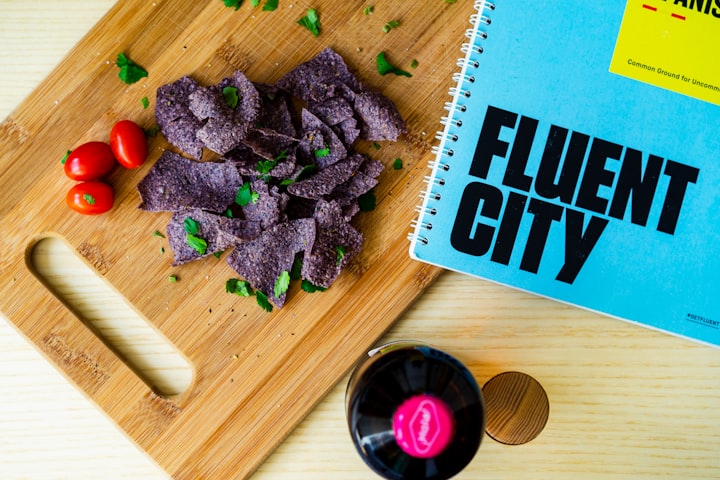Some Words Used in the UK and the US with Slightly or Very or Dangerously Different Meanings
Confused? You will be.

“The British and the Americans are two great peoples divided by a common tongue,” said George Bernard Shaw, maybe. But whether or not he said it, it’s definitely right. We use a lot of the same words — but that doesn’t equate to their meaning the same thing. With a little help from Lynne Murphy’s excellent blog to jog my brain as to differences I’ve noticed as a Brit in the US, here are some phrases to pay attention to when you’re speaking to somebody from the other side of the Pond.
Quite
The first time someone told me something I’d written was “quite good”, I felt a little offended and patronised — until I realised they meant “really quite good” or even “very good”. British “quite” equates to American “somewhat” although, confusingly, because of our tendency to understate and Americans’ to overstate, they do sometimes end up meaning the same.
Smart
In the UK, to be smart is to be well put together. Also, posh people use the word “smart” to refer to other posh people and to posh things. (Posh = typical of upper middle and middle classes. The closest American equivalent is “fancy”, but it’s not exactly the same, just as the closest British word for “smart” is “clever” but it doesn’t quite translate it — which is partly, I think why Brits have started using “smart” à l’américaine.)
Fancy dress
While Americans might therefore call nice, posh attire “fancy dress”, Brits use this term to mean costume — as in “a fancy dress party”. You probably want to make sure which kind of party you’re invited to so you don’t turn up to a black tie dinner wearing, say, a Superwoman suit.
Bin
Having overhead bins sounds a little odd to Brits — we use “bin” to mean trash can, and who wants rubbish/garbage landing on their head?
Fanny
I’ll let you look this one up. Best to steer clear, in general.
What’s up?
In the UK, this means “what’s wrong?”. In the US, it’s a general greeting: what’s happening, how are you. I still don’t know how to answer this. (The closest equivalent in the UK is “all right?” To which you respond “all right”.)
Tea
Tea in the UK is, by default and definition, hot and black. If it’s anything other than this — iced, say, or herbal— we will always say so.
Bacon
The difference is subtle but important. Americans and Brits use slightly different cuts of meat. American bacon is more similar to (but not the same as) the British “streaky bacon” rather than “back bacon” (wistful sigh — I’ll never let go, bacon).
Hush puppies
These are a make/brand of shoe in the UK and I’d never heard of them meaning anything else. In the US (possibly mostly in the South?) they are a fried cornbread ball.
Yard
A yard, to us Brits, is an uncultivated, probably plain concrete, patch of ground. A house with a yard does not sound at all appealing — we use “garden” when there’s grass involved.
Twin beds
I’d only ever heard of twin beds meaning two matching single beds until I tried to buy bedding for my new American room. All single beds are referred to as twin beds in the US — which of course makes sense, because a twin is still a twin when they’re not with the other twin.
Pants
That West Wing episode where Josh asks Donna if she’s wearing the same pants as yesterday? I was disgusted. How inappropriate of him to ask her if she’d changed her underwear. But of course he wasn’t — he was talking about her trousers.
Block
If you live in my block in the UK, we live in the same apartment building. I don’t think I had any earthly idea what “New Kids on the Block” meant when they were around. That said, we do talk about going for a walk or cycle “round the block” — which means going in a squarish pattern.
Pancakes
I was very excited when I was at my American friends’ house at the age of around eight and we were going to have pancakes for breakfast. But I expected the English version of pancakes, which are basically crepes. I didn’t know what these small thick fluffy things were. I was sad.
Jelly
The same American friends — would I ever learn? — were at camp with me when I spied some wobbly fruity stuff on the table for breakfast. What’s that? I asked. Jelly, they said, and then watched in surprise as I took a mouthful of jam, thinking it was what they would call Jell-O.
Freezing
Not so much a language difference as a cultural difference. In the UK, because our climate is temperate, we use this basically as soon as a winter coat is warranted. In the US, I am often corrected and informed it is “not that cold”.
Boiling
I’m also often told it’s “not that hot”, but I don’t say this much here because Americans don’t. And technically they are right — we would all be dead if the temperature reached 100 degrees. Which it sometimes does, but it’s their degrees, Fahrenheit, which has an entirely different boiling point (212? Am I making that up?). Confused? You will be.
About the Creator
Claire Amy Handscombe
Host of the Brit Lit Podcast.
Books:
UNSCRIPTED, a novel about a young woman with a celebrity crush and a determined plan
CONQUERING BABEL: A Practical Guide to Learning a Language
WALK WITH US: How the West Wing Changed Our Lives.






Comments
There are no comments for this story
Be the first to respond and start the conversation.